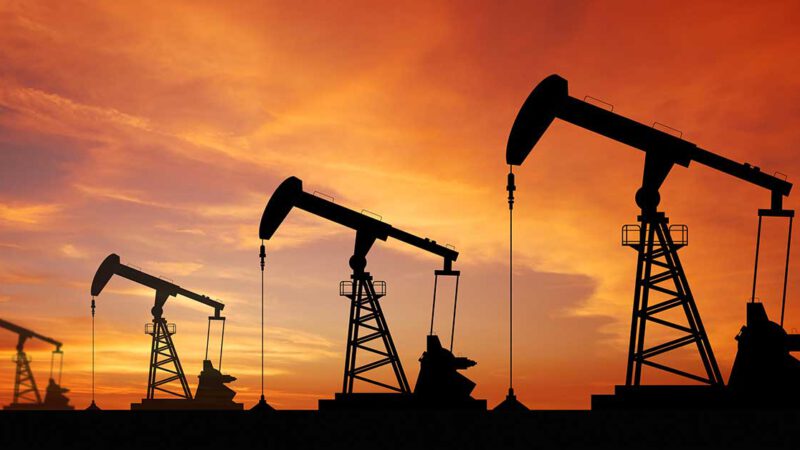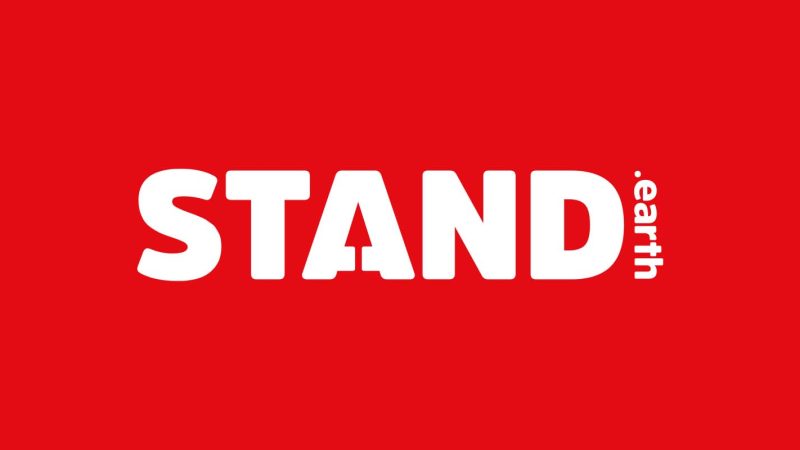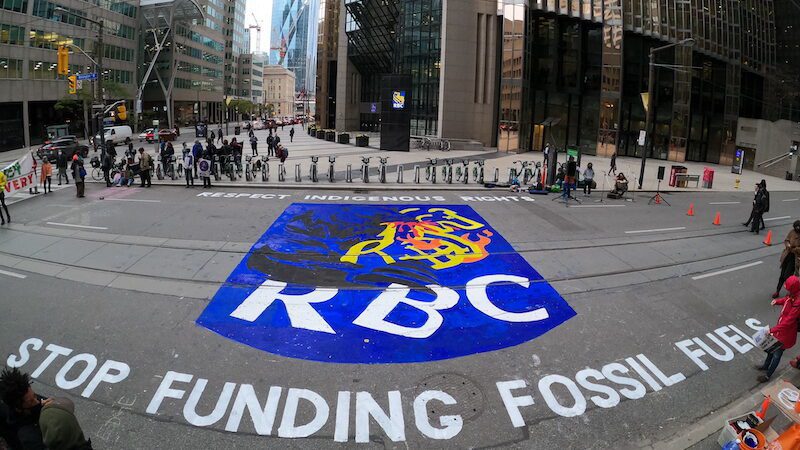Stand.earth applauds Ocean Leaders’ ship dumping reports on the eve of boating season
May 18, 2021
UBC researchers highlight the importance of the Great Bear Sea, the risks it faces from vessel pollution, and present solutions as boaters prepare to launch for the season
Unceded Coast Salish Territories (VANCOUVER, BC) — As coastal communities are launching the summer boating season, Stand.earth is celebrating important work from the University of British Columbia to reduce pollution.
In two reports from the Future Ocean Leaders Program, a fellowship for graduate students out of UBC’s campus on Unceded Musqueam Territories west of Vancouver, B.C., threats and solutions are outlined from vessel pollution. The first report explores existing vessel discharge policies and regulation internationally, in two bordering US states, Washington and Alaska, and in B.C., in order to understand the current regulatory framework in the Pacific NorthWest. The second report explores the Great Bear Sea as a “toilet bowl for marine vessels,” quantifying waste and the ecological, social, cultural, and economic risks of marine dumping.
“As summer and the promise of our shared coastal playground inches closer, these reports are a breath of fresh sea air. They not only outline urgently needed solutions, but make clear what is at stake,” said Anna Barford, Canada Shipping Campaigner at Stand.earth. “B.C. has an ignominious reputation as a ship toilet bowl that will require the proper policy and infrastructure to shake off. It is past time that Canada supported a thriving Great Bear Sea, instead of leaving boaters with little option except to flush the health of our fisheries, our endangered species, and our coastal communities down the proverbial toilet.”
As boating season is set to kick off, this investigative work draws attention to the risks of vessel pollution to BC coastlines while offering pathways for solutions. Stand.earth is calling for the creation of a no-discharge zone protecting the Great Bear Sea, and these reports provide us with a pathway to get there.
Quotes available for media use from UBC Ocean Leaders:
“The Great Bear region is a 32,000 sq km area that encompasses the Great Bear Rainforest and the surrounding ocean in British Columbia (BC). It is one of the richest ecosystems in the world that highlights the interconnectedness of land and the sea, and the diversity of species that depend on it such as the endemic spirit bear, resident killer whales, and all five species of Pacific wild salmon.”
– Ana Pozas, researcher, UBC Ocean Leaders
“The Great Bear Sea is home to humpback whales, dolphins, porpoises, seals, and sea lions. The ocean and all these top species are threatened by vessel discharge waste. The waste from vessels contains harmful chemicals, pathogens, and bacteria, which can negatively affect the health of marine species and overall ecosystem functioning – with potential cascading consequences on tourism and commercial fisheries.”
– Natasha Klasios, researcher, UBC Ocean Leaders
“Vessel raw sewage discharge in aquatic ecosystems is detrimental for the ecosystem and subsequently, the economic output of the region. Without proper legislation, infrastructure and protection, the Great Bear Sea is likely to decline due to marine vessel waste dumping.”
– Jeff Sha, researcher, UBC Ocean Leaders
“The Canadian Fisheries Act requires municipalities to have updated wastewater facilities for sewage and greywater from land by 2040. The capacity is coming to the Great Bear Sea to treat instead of dumping raw sewage.”
– Amy Liu, researcher, UBC Ocean Leaders
“The ocean is under threat from pathogens and pollution coming from marine vessels. Boaters have an important role to play in protecting thriving ecosystems, but they need infrastructure and policy support that isn’t online yet. Our research outlines pathways forward.”
– Anna Santo, researcher, UBC Ocean Leaders
“We not only have solutions for preventing raw sewage dumping from vessels, we have examples of how to implement them. All we need to do is look to our neighbours to know that it is possible to clean up ship dumping, and also that it is worth the effort.”
– Katherine Davis, researcher, UBC Ocean Leaders
###
Media contacts:
Ziona Eyob, Canadian Communications Manager, canmedia@stand.earth, +1 604 757 7279 (Pacific Time)



